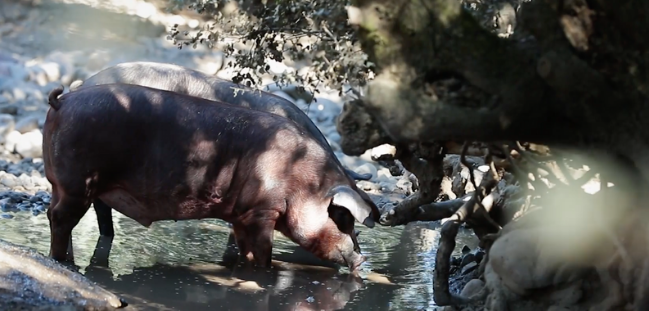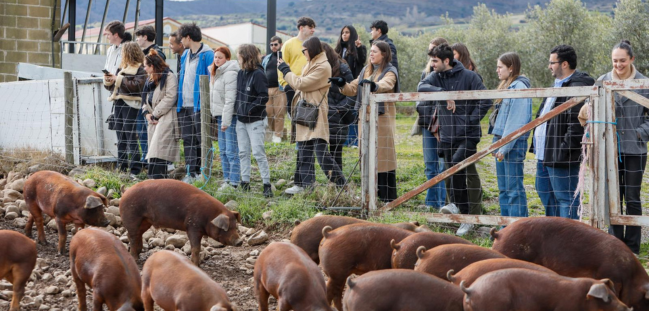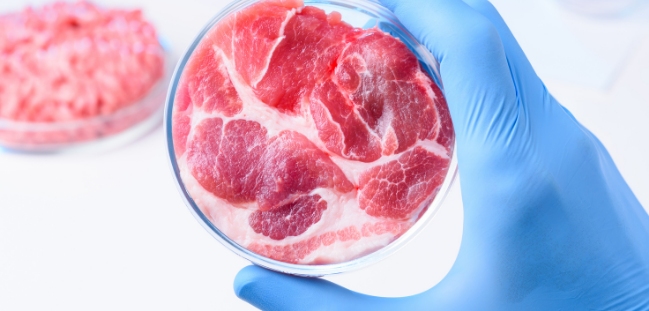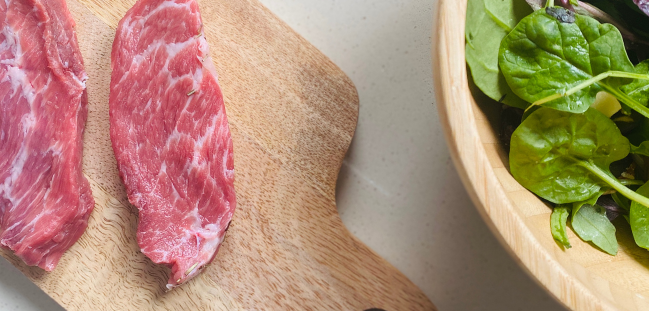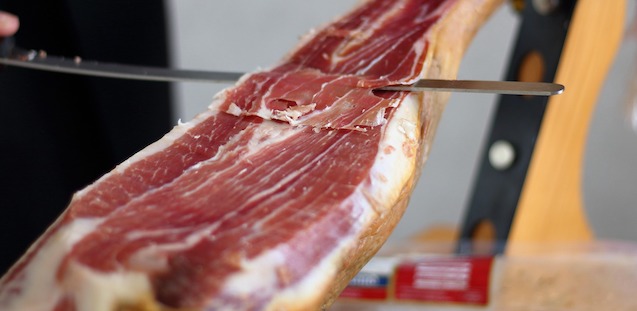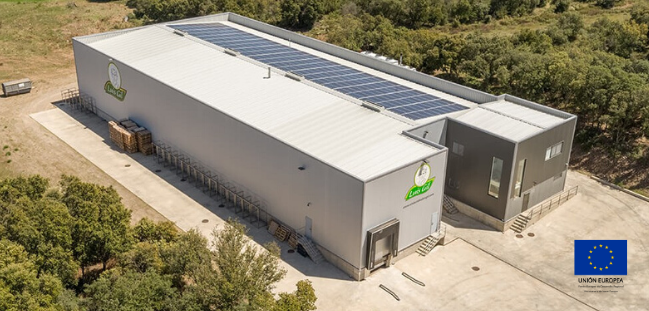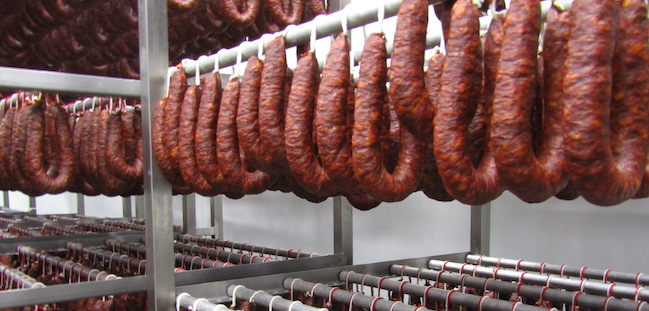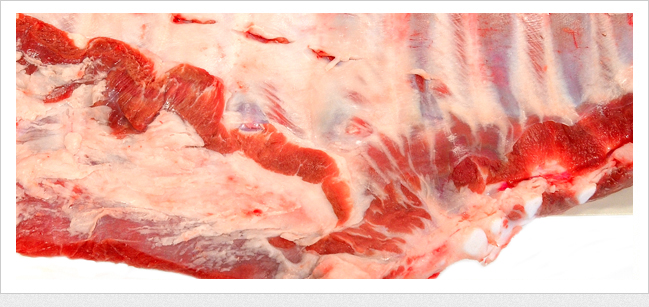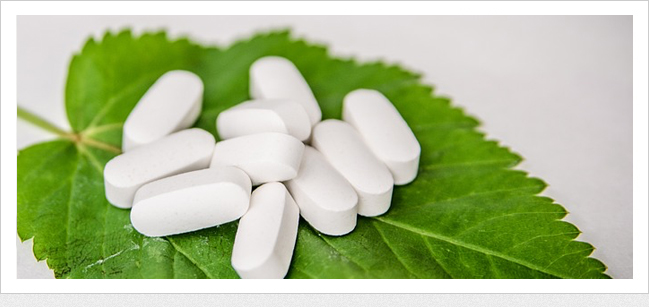Eliminating meat from the diet may not be the most environmentally friendly alternative. Find out why in our post.
Vegan is not synonymous with ecological or sustainable
Gone is the month of January and the Veganuary initiative, a global movement that challenged foodies around the world to banish meat and dairy products from their diet throughout the month. With more than 400,000 followers globally according to the organization, this global “challenge” has been a success, but in parallel the food giants have taken advantage of the pull by launching countless vegan ‘fast food’ products on the market. So is being vegan as sustainable as they make it out to be?
Honestly, although avoiding meat or dairy products does not have to mean consuming more imported products, it is true that many vegan foods travel thousands of kilometers to reach supermarket shelves. A plant-based product, just because it is plant-based, does not mean that it is more respectful of the environment.
Many vegans are not aware of the great impact they cause by consuming certain products. As the journalist Richard Gray stated in his article “Why the began diet is not always green"the BBC"e“Veganism is also damaging our planet”. “Not all vegan foods leave a small carbon footprint.”
In addition to the carbon footprint left by many plant foods traveling thousands of kilometers to their destination, even by air, there is also the way in which some “vegan” alternatives are produced, completely industrialized on a large scale, and the energy and water expenditure. , etc. that they entail. Something that is not usually taken into account because it is assumed that its plant origin inevitably means that it is more respectful of the environment and also healthier. An example is deforestation, pollution, etc. produced by soybean cultivation worldwide.
The key is in local and seasonal consumption
Why should we take sides between the absurd simplistic duality of plant or animal origin when What is truly important is the mode of production and its ethical origin?
Consume pseasonal products, locally sourced and produced in a sustainable and respectful way with the environment is what is truly important if we want to save the planet.
In addition, buying local products, such as organic meat or sustainably produced meat, from extensive livestock farming and produced using sustainable and ethical practices, also has other benefits that go beyond the environmental ones. He support for local producers and the sustainable development of rural areas that presents so many problems right now, or connecting consumers with the places of origin of the products, is also a way to contribute to saving the planet and supporting other lifestyles that are more respectful of the environment.
Nor is the vegan alternative the healthiest by decree. A diet that includes fake meat or ultra-processed vegan products, no matter how vegan they are, is much less healthy, according to scientists, than moderate meat consumption.
In the end the secret of everything is in common sense, as almost always.

